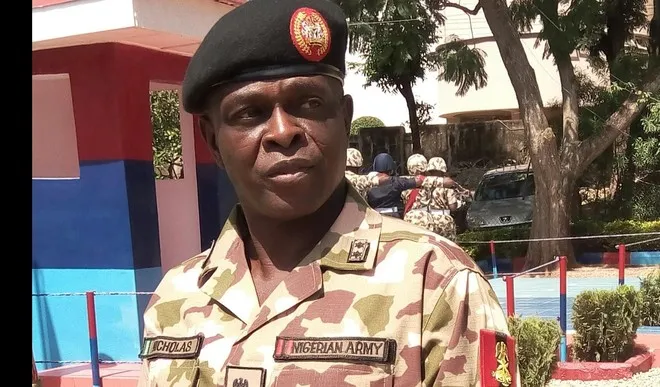The Plateau State Fact-Finding Committee has visited Barkin Ladi, Mahanga, Kwakur, Gashish and Gindi Akwati to assess the impact of the conflict and to hear from the community on the way forward.
The committee headed by Major General Nicholas Rogers (Rtd) was constituted by Governor Caleb Mutfwang to investigate the root cause of violent conflict from 2001 to date. Major Gen. Rogers met with traditional rulers, youth leaders, religious representatives, security agencies and displaced residents in a bid to understand local concerns and proffer recommendations for sustainable peace.
In Kwakur-Gashish, community member Sunday Joshua, shared the grim memory of a mass grave from the July 7, 2012, massacre.
“Over 60 people from this village alone were buried here. We are encouraged by your visit and hope that displaced communities will be supported to return,” he said.
The committee also gathered accounts of a recent daylight killing of three individuals in March 2025 over grazing disputes in the area.
At Lobiring, the community chairman recounted a coordinated attack that displaced five villages simultaneously, including the burning of the district head’s palace and the massacre of 21 residents on May 19, 2015.
“This is the palace of the Da Gwom Rwey of Barkin Ladi, Mr. Edward Gangboard. It was completely burnt down. Security personnel were here, but they couldn’t stop the attack. Our school in John village, which once had 500 students, is now deserted and occupied,” he lamented.
The committee then proceeded to Mahanga, Riyom LGA, where they met with Fulani leaders, including the Ardo of Riyom, Mallam Mahmud Adam, Alhaji Bello Adamu of Miyetti Allah, and JNI Chairman Alhaji Merto Albarka, who previously had not engaged with the committee due to deep divisions between Berom and Fulani communities.
During a closed-door session, the Ardo’s secretary, Abdullah Yusuf, raised key issues including insecurity, marginalisation, lack of compensation, and the complete absence of government infrastructure in the area.
“We are not terrorists. We are peaceful people. There’s no school, hospital, or borehole here. Our cows are killed, our children are attacked, and we receive no support or compensation. When our cattle are gone, our livelihood is gone,” he stated.
The Fulani leaders also lamented the negative stereotyping of Mahanga, frequently associated with violence, and perceived government neglect.
“When there’s a crisis in Plateau, people say ‘Mahanga did it.’ Yet we live without any government presence.
We’ve been accused, displaced, and ignored,” one elder said.
They emphasised their desire for peace but expressed concern about whether the committee’s recommendations would be implemented.
“We are ready for peace, but peace cannot be achieved through threats or violence. What we want is fairness and inclusion,” the Ardo said.
Meanwhile, the Chairman of Barkin Ladi LGA, Hon. Stephen Gyang Pwajok in his remarks stressed the need for community policing and more localized security arrangements.
“The crisis that began in 2001 has deeply affected us here. Though we are currently enjoying relative peace, incidents still occur, such as the recent killing of a resident in Gindi Akwati.” He expressed optimism that the committee’s report will yields fruitful results.
The Chairman of the committee Major General Nicholas Rogers (Rtd), while addressing the stakeholders acknowledged the fears surrounding Mahanga and pledged to ensure that all voices are reflected in the committee’s final report.











